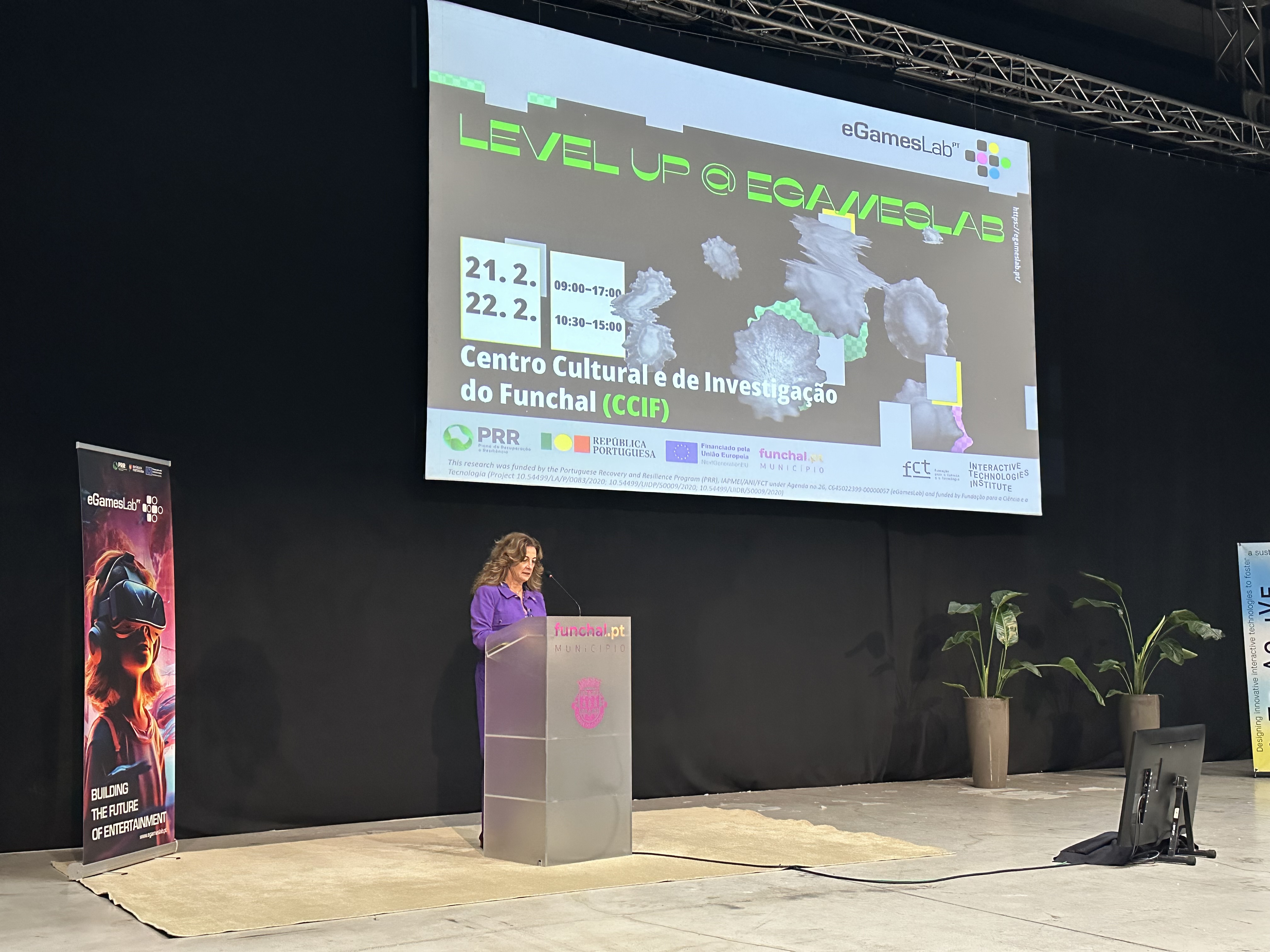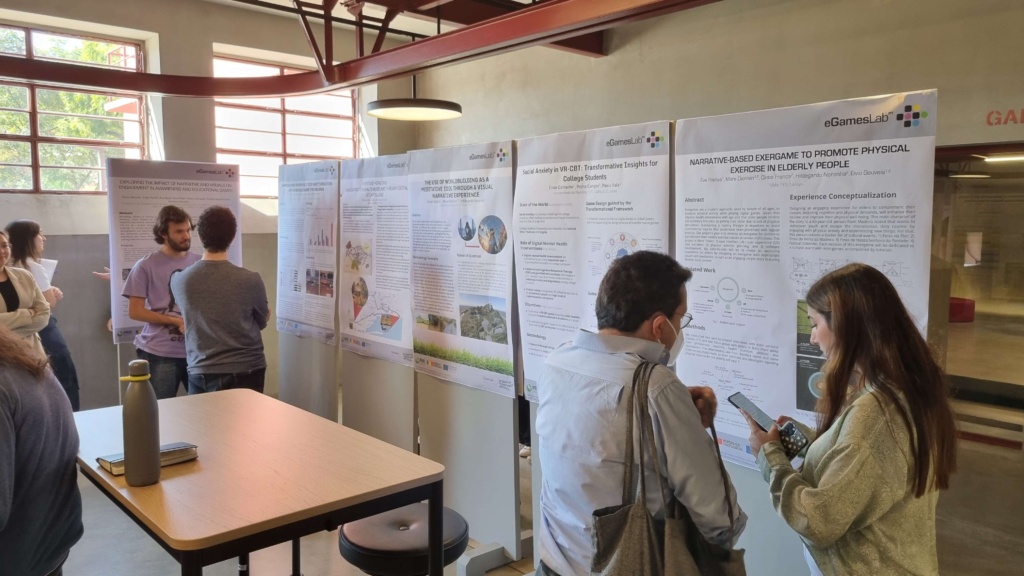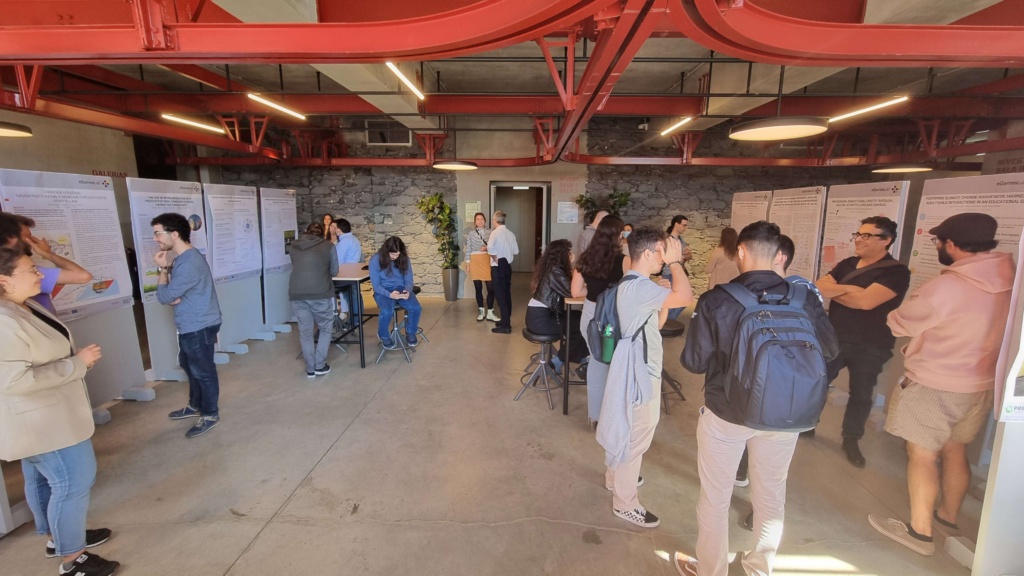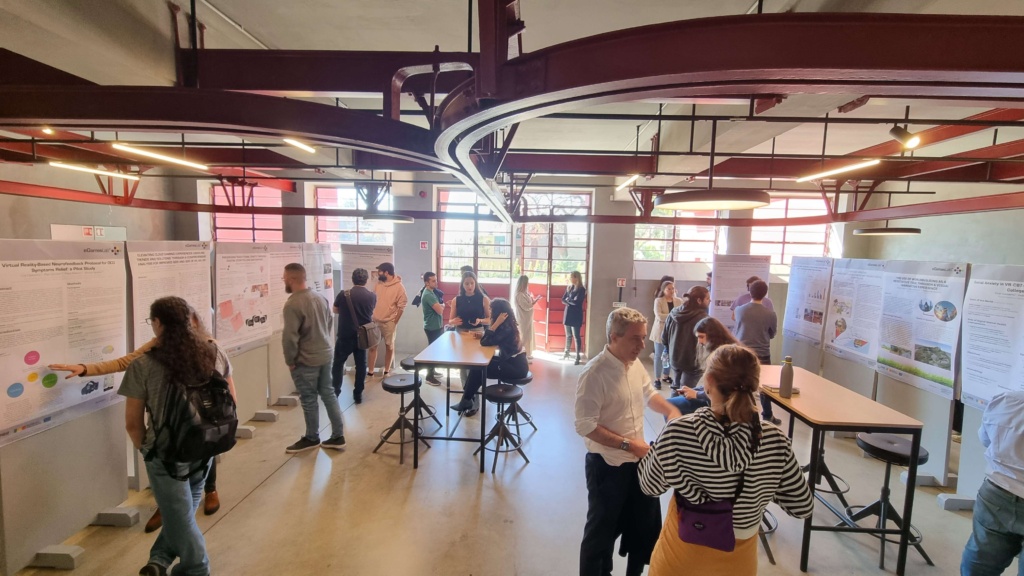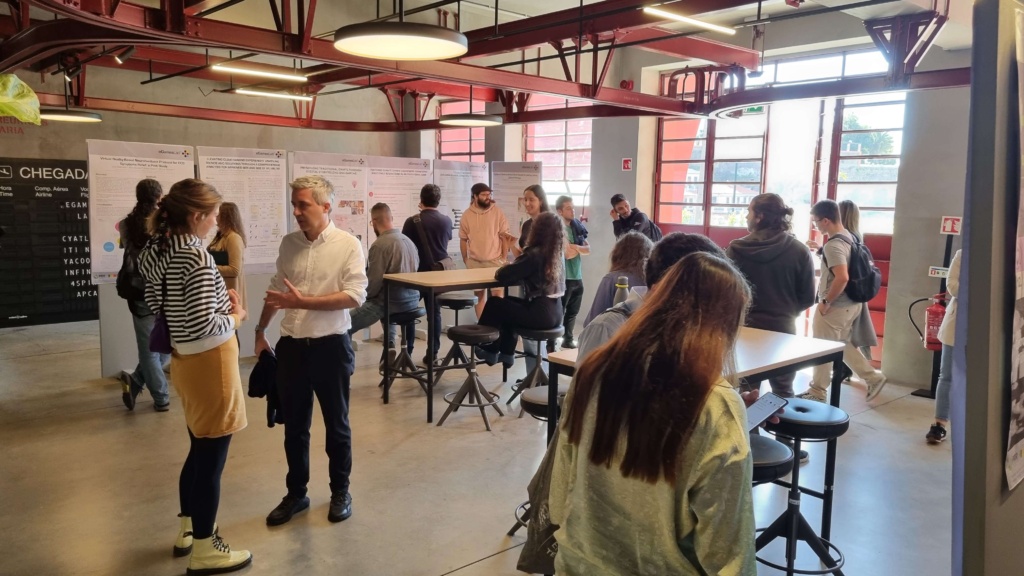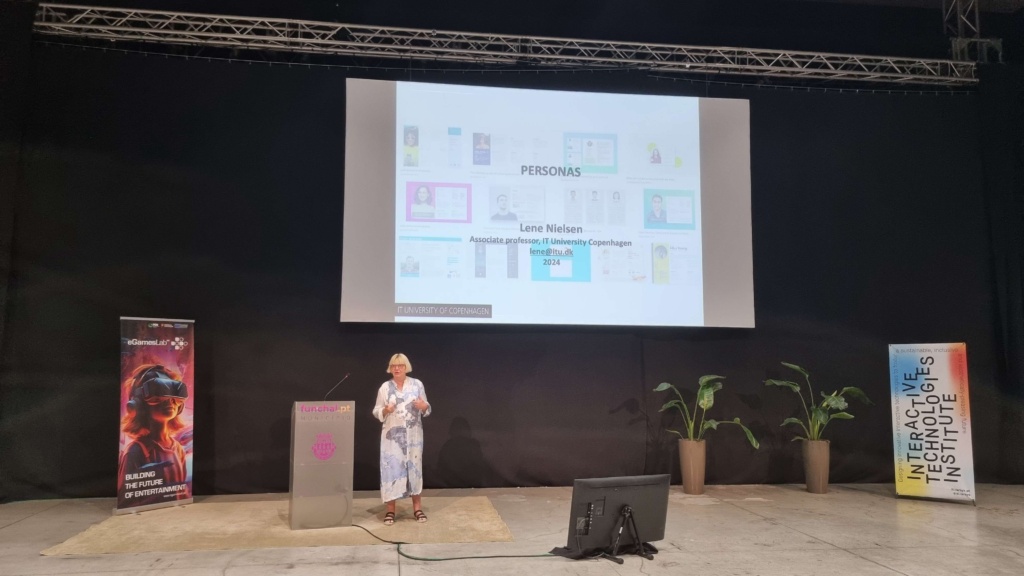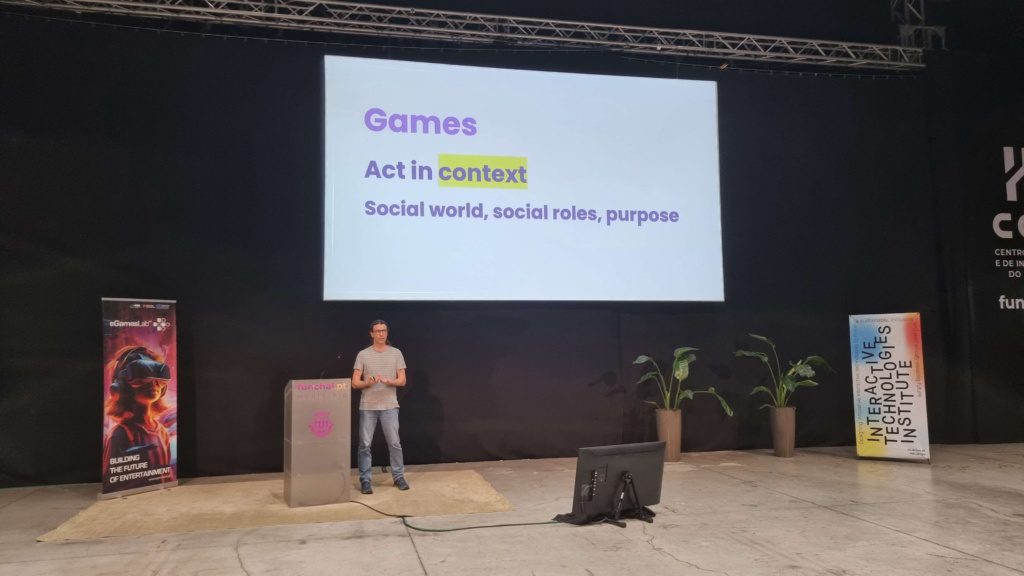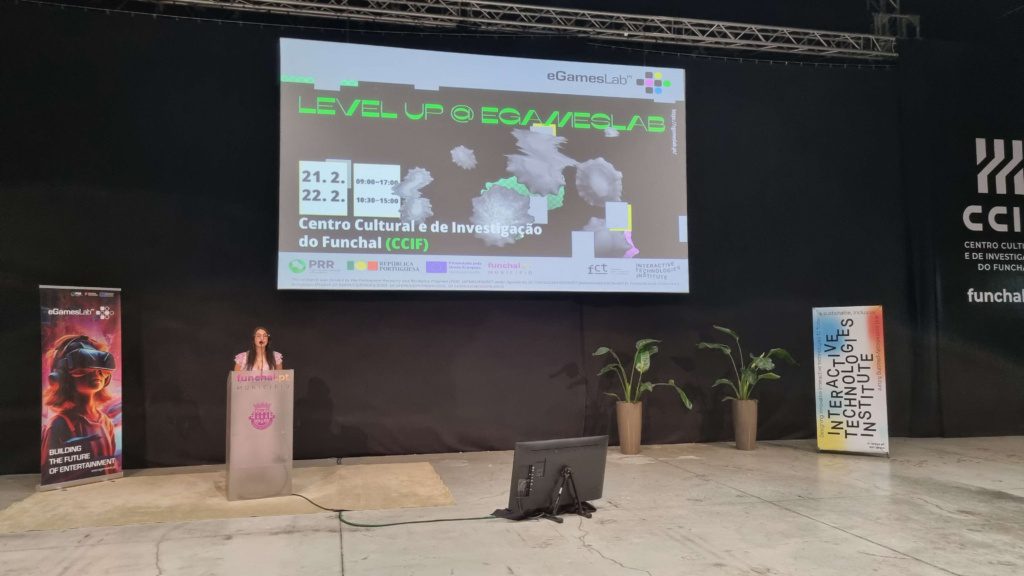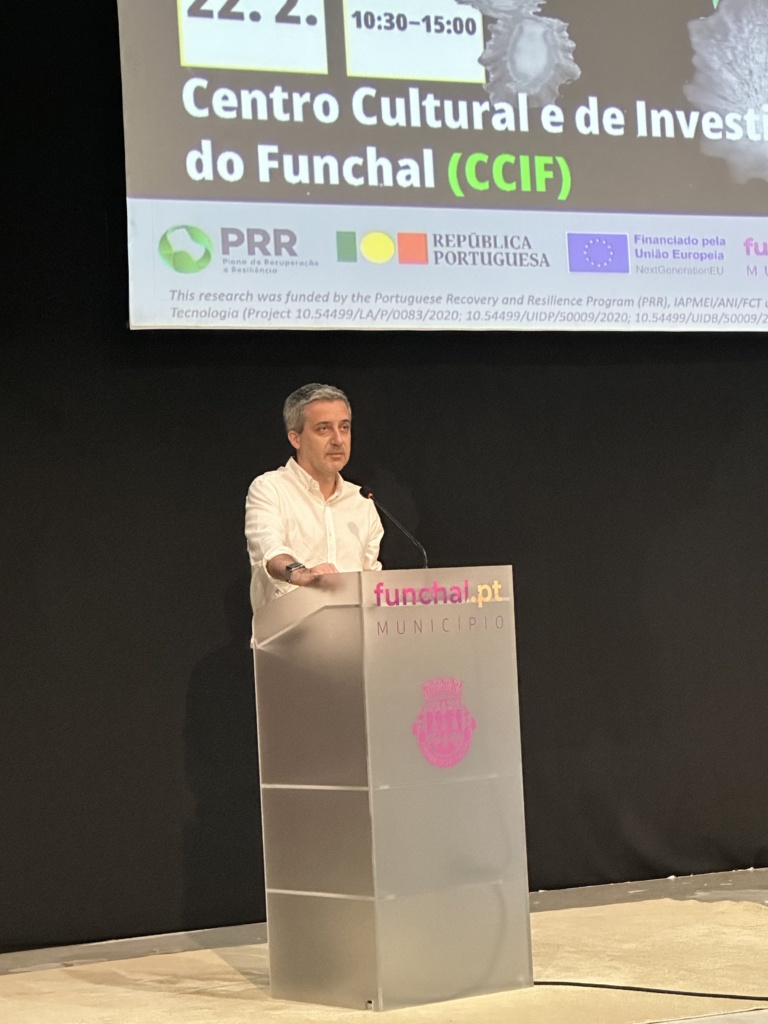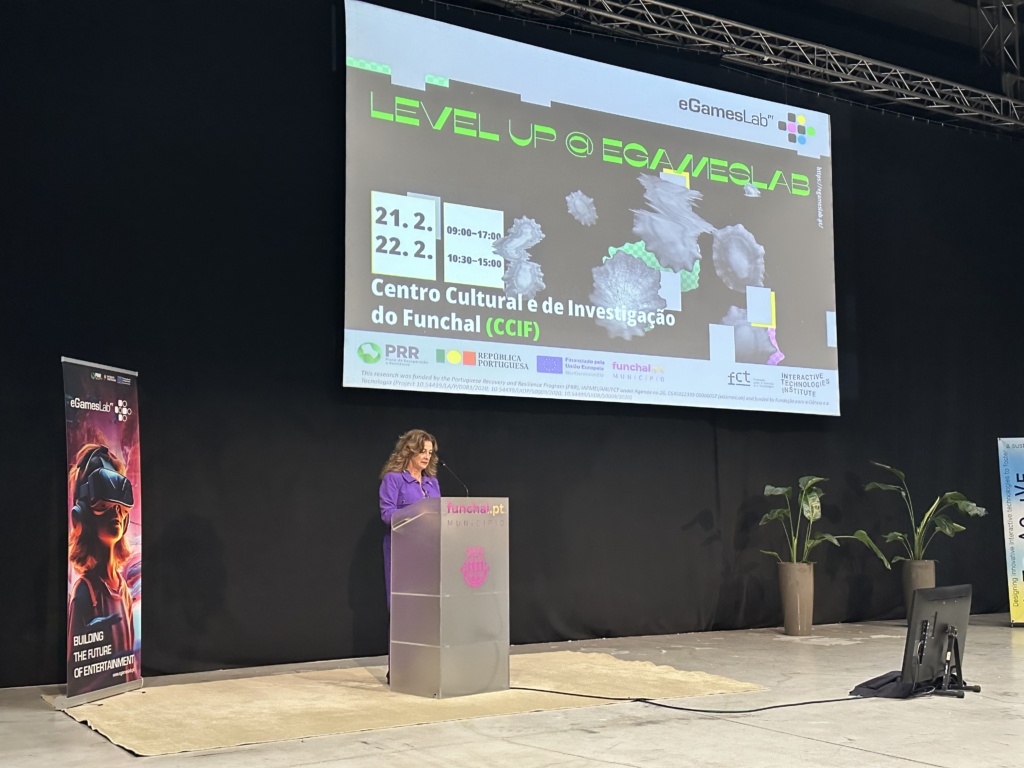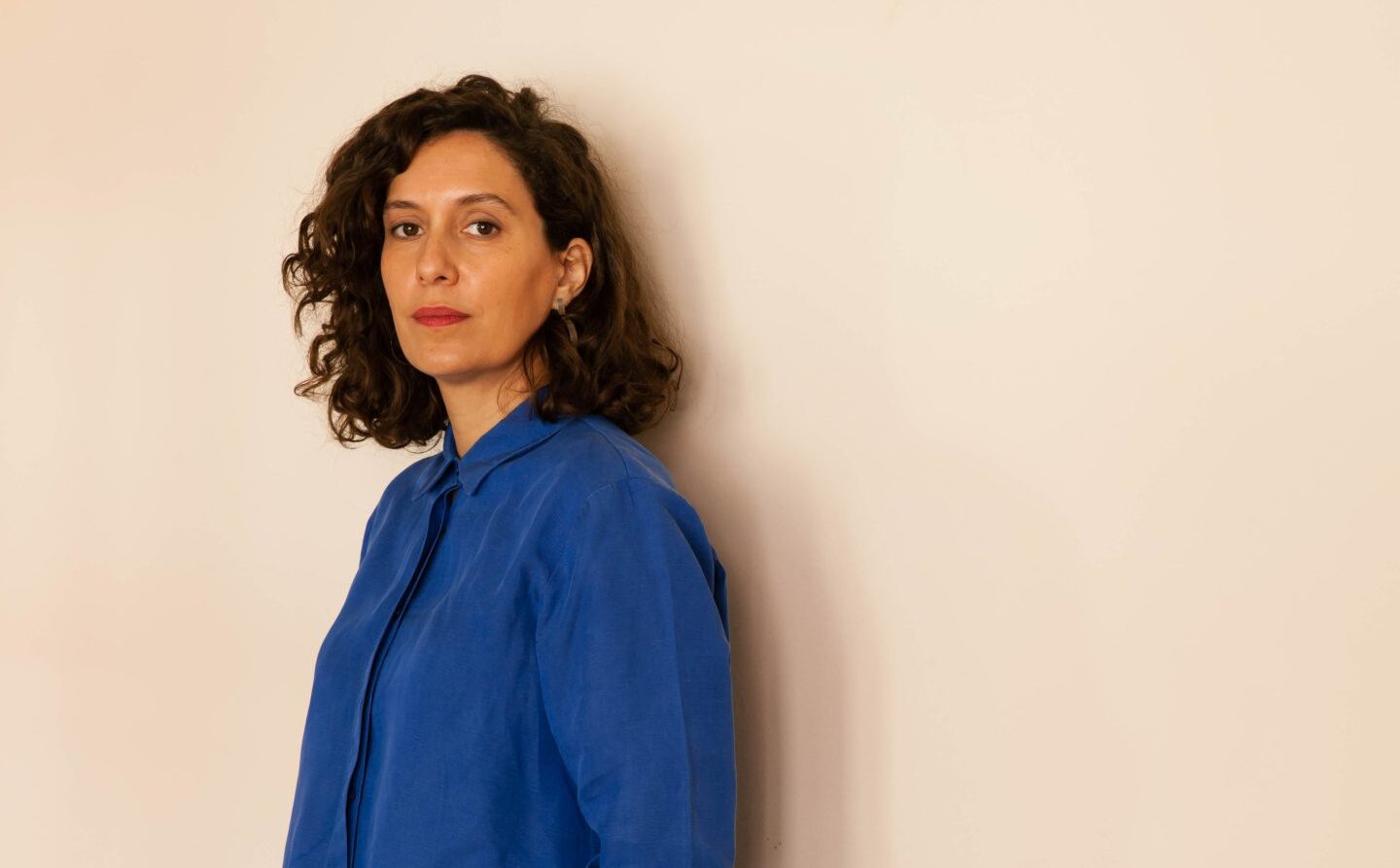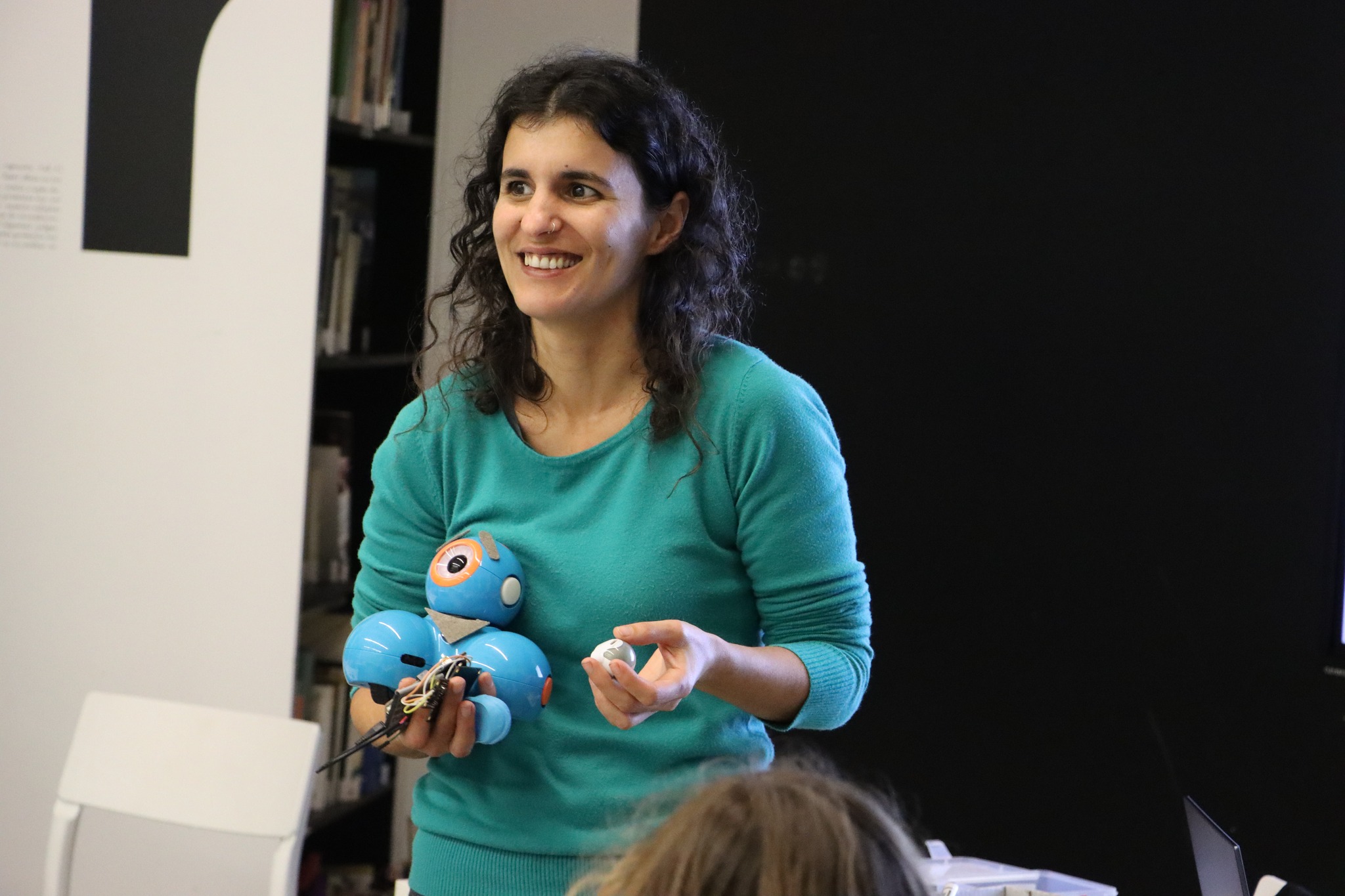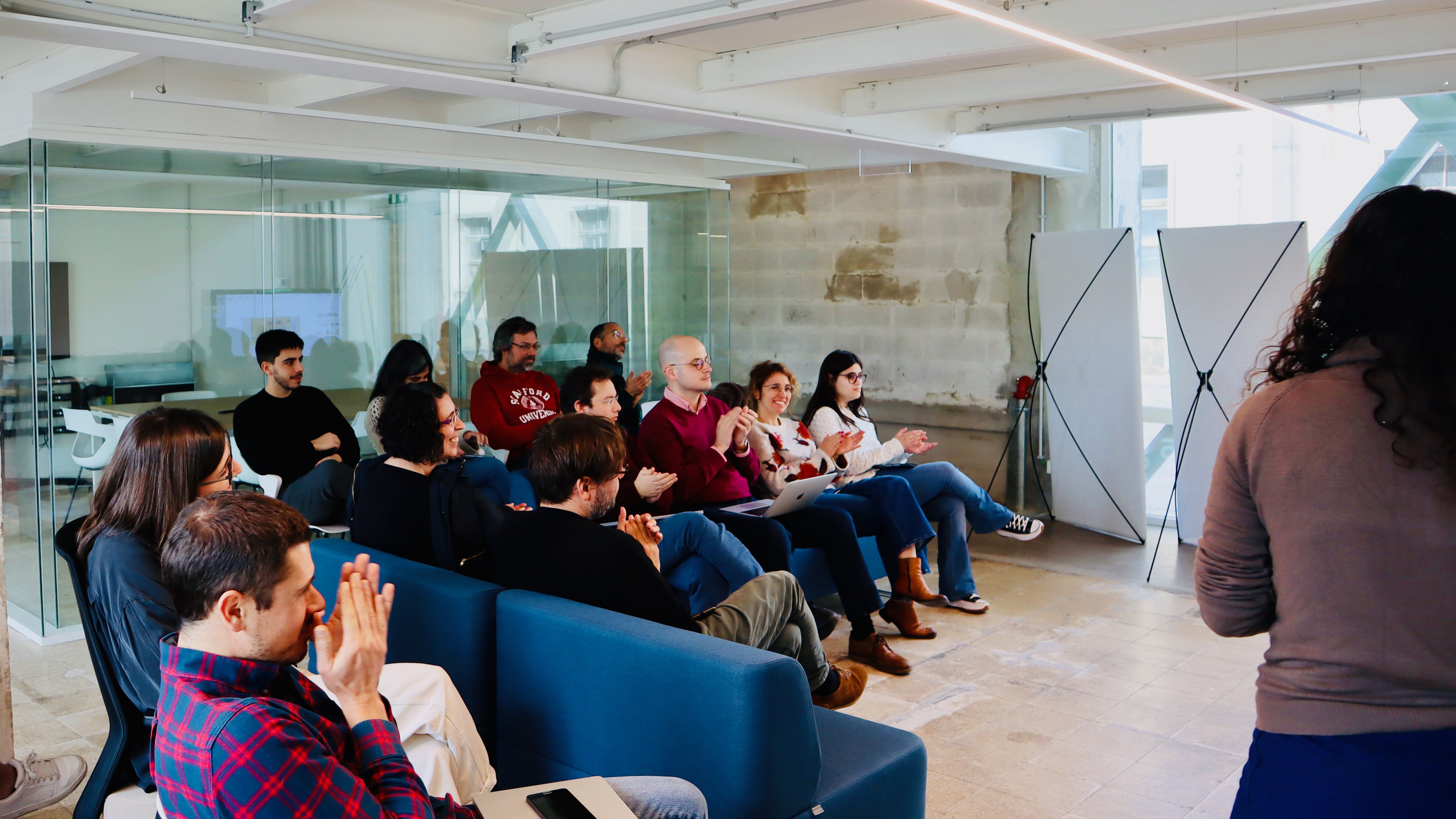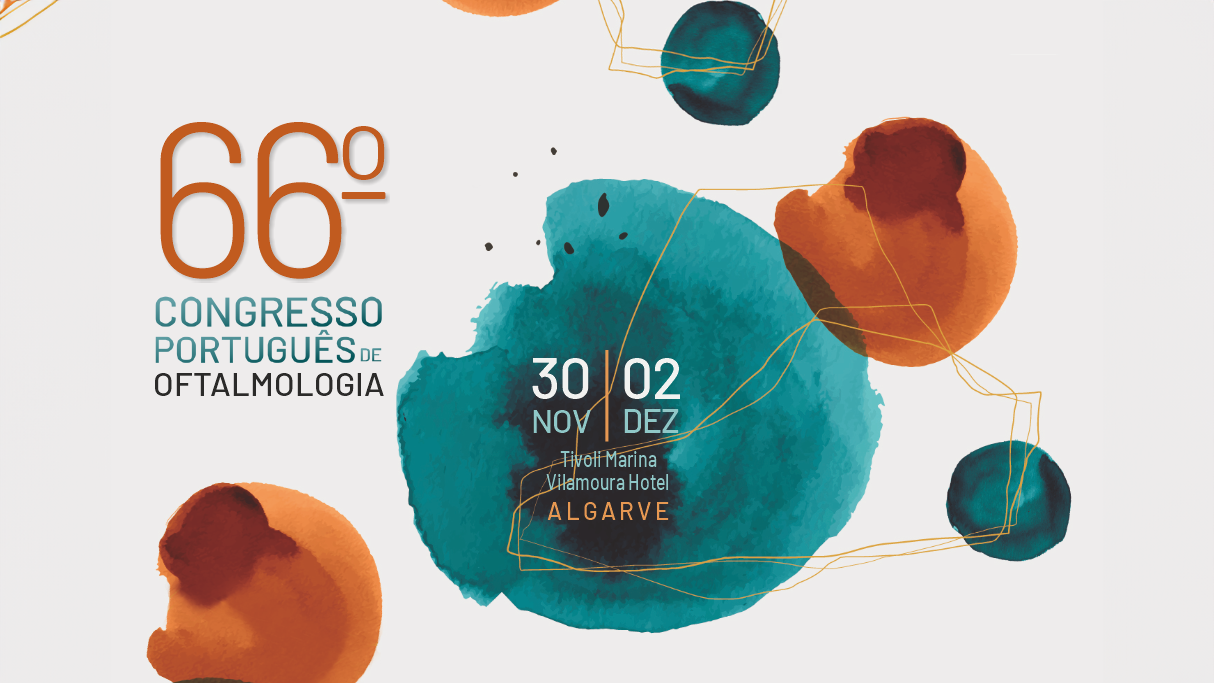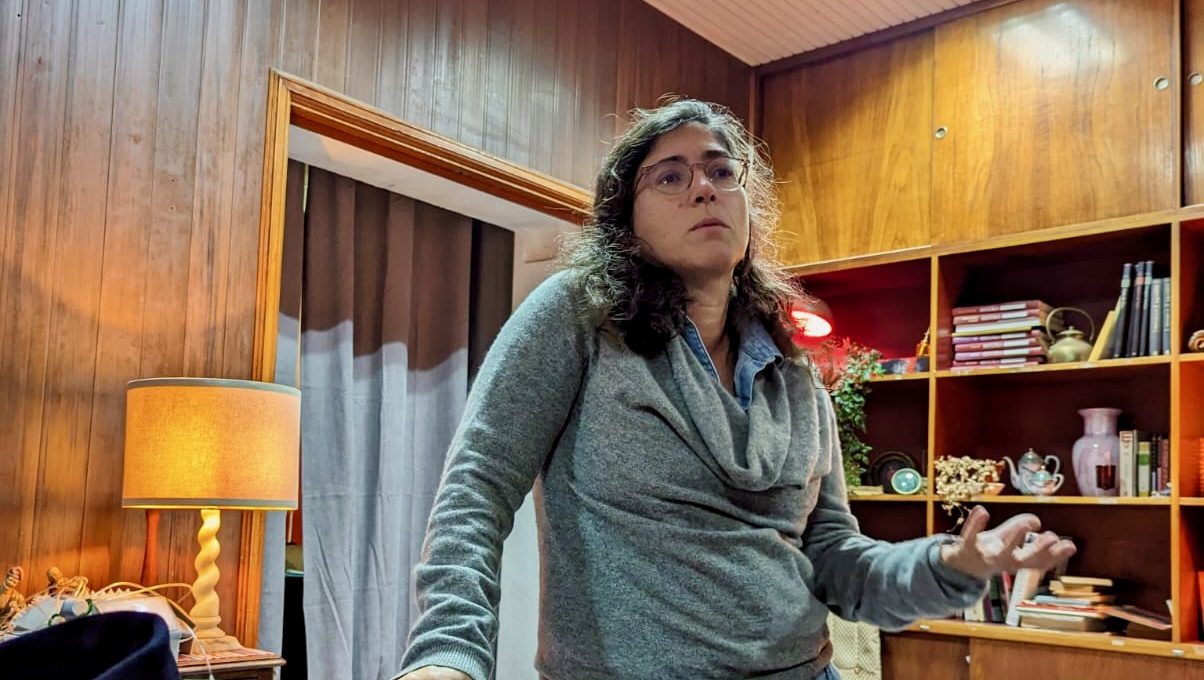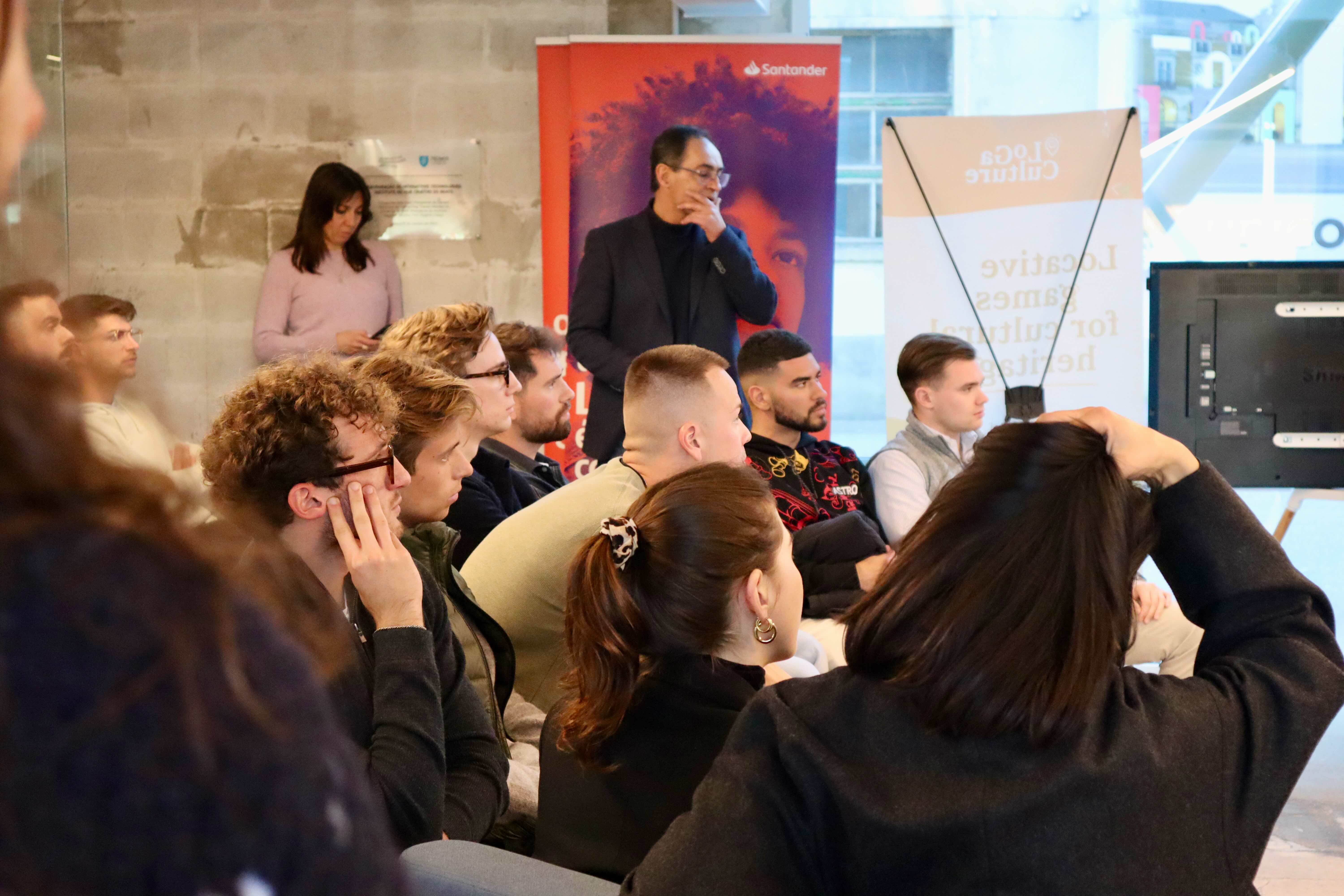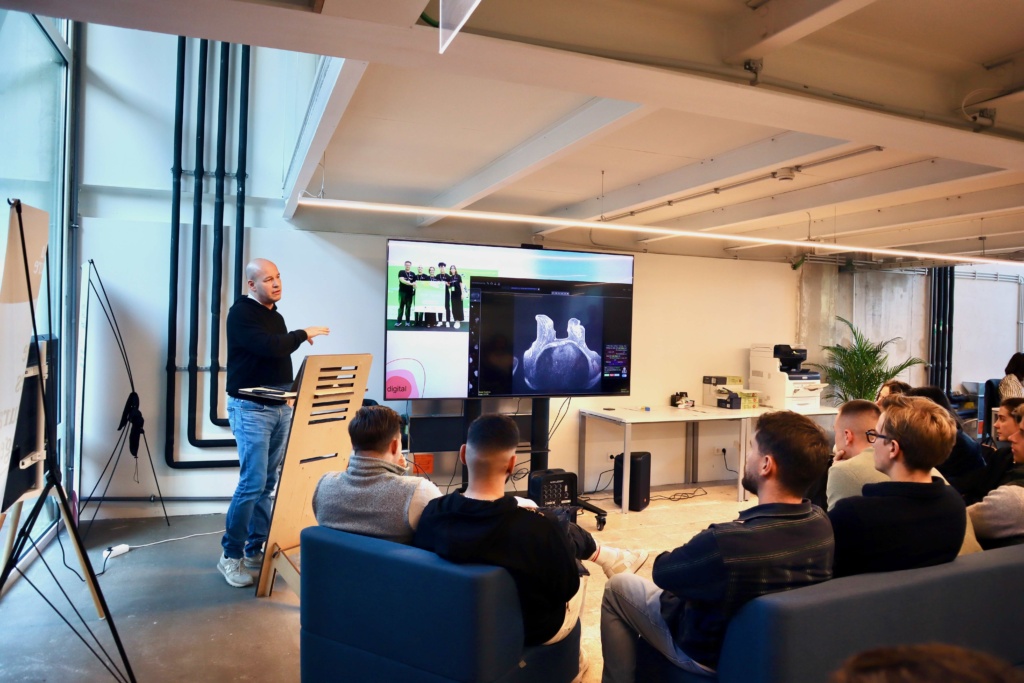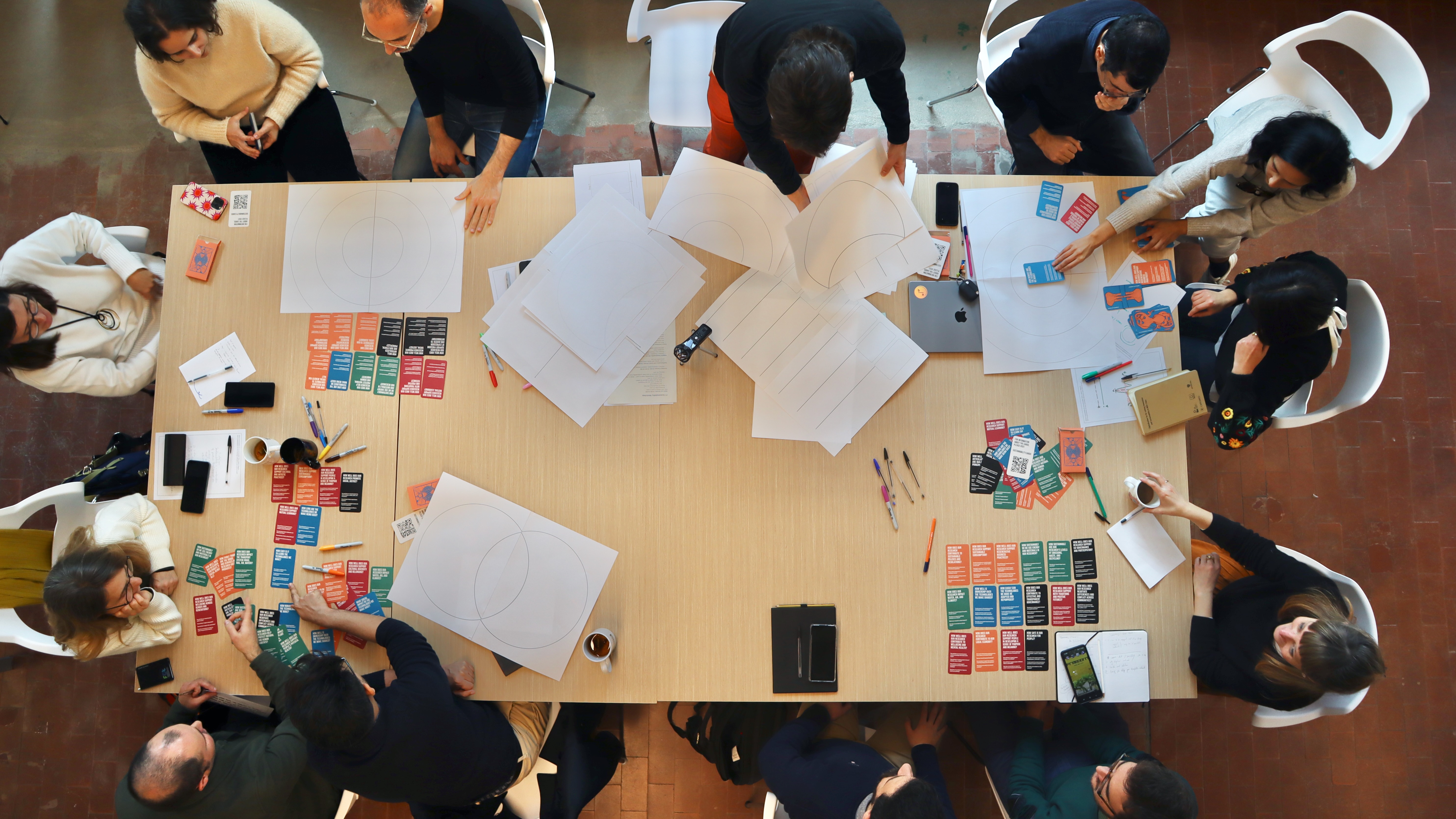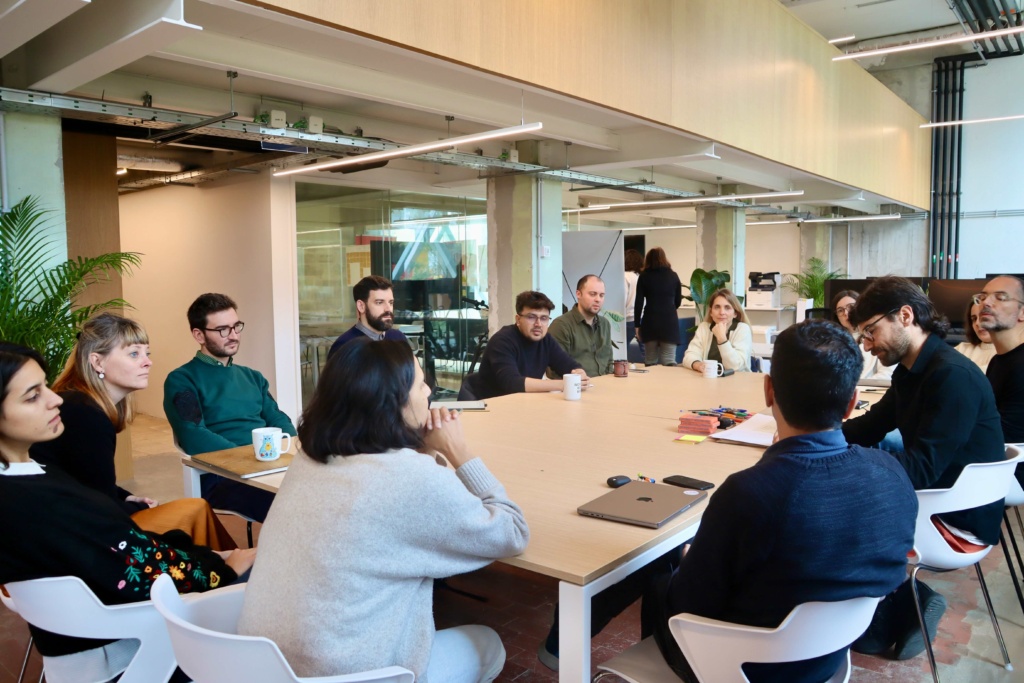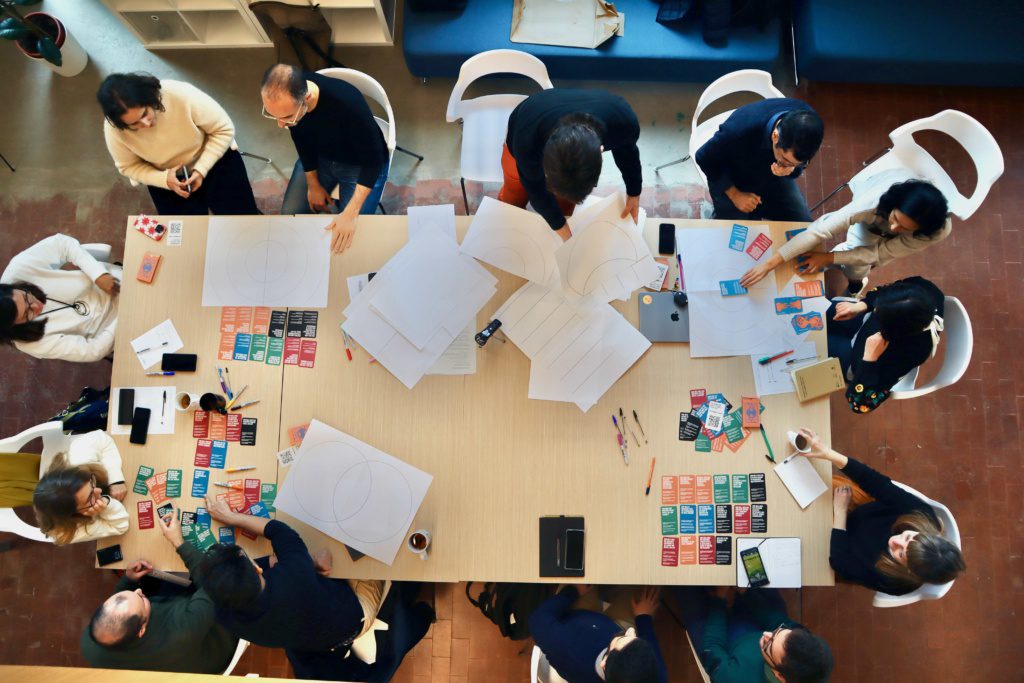The Interactive Technologies Institute is delighted to announce the closing session of the Game Art and Gender Equity (GAGE) project on March 8th, International Women’s Day. The event, to be held at the Interactive Technologies Institute facilities in the Beato Innovation District with remote participation available, promises to be a culmination of years of dedicated research and creative collaboration. The highlight of the evening will be the teaser presentation of the teaser of the animated short film ‘Mnema,’ a representation of the voices and experiences of women in the gaming industry.
‘Mnema’ is a short animated film directed by Carolina Bonzinho and Inês Costa, produced with the support of the Agency for the Promotion of Atlantic Culture (APCA Madeira). The film incorporates the results of GAGE’s empirical research, presenting a visual universe that encapsulates the stories and experiences of women in the gaming industry.
The event will have the presence of relevant stakeholders in the fields of gaming and gender equity. The event is open but registration is required.
Agenda
16:00: Welcome to Participants
16:10: Presentation of the GAGE Project (Luciana Lima)
16:40: Presentation of the Film Mnema (Carolina Bonzinho and Inês Costa)
17:10: Q&A Session
About GAGE Project
The Game Art and Gender Equity (GAGE) project, initiated by Dr. Luciana Lima and Dr. Patrícia Gouveia at the Interactive Technologies Institute, delves into the history and evolution of female participation in the Portuguese gaming industry. With a team of eleven artists and researchers from diverse fields, GAGE conducted arts-based research between 2020 and 2024, shedding light on the challenges and contributions of women in a predominantly male-dominated industry.
About Mnema short film
This short animated film explores the world of video games through the character Mnema, derived from the Greek goddess Mnemosyne, symbolizing memory and inspiration. The film aims to challenge stereotypes and showcase the resilience of women in the face of adversity within the gaming industry. ‘Mnema’ seeks to raise awareness about representation, equal opportunities, and inclusion in the digital games realm, paying tribute to women who defy stereotypes to claim their rightful place.

